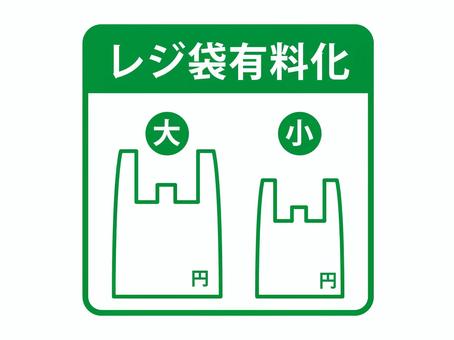概要
気候変動リスクや人口増加の観点から、食糧供給の脆弱性が世界的に議論されています。上記の問題に対して、新規食品は農業と食料安全保障に大きな影響を与えます。しかし、新規食品は一般に馴染みが薄く、その受容性についてはほとんど議論されていません。そこで、ゲノム編集食品を取り上げ、その購買意欲に影響を与える要因や効果的なコミュニケーション方法について検討しました。構造方程式モデリング(SEM)を用いて、技術の認知度、ベネフィット、情報開示の要求度と購買意欲の関係を可視化しました。また、コンジョイント分析を用いて、効果的なパッケージングに関する消費者の支払い意思額(WTP)を評価しました。日本国内の20代から70代の550名を対象に、アンケート調査を実施した。アンケートの内容は、ゲノム編集食品に関する認識や意識でありました。その結果、ゲノム編集食品に対してネガティブな印象を持つ回答者の割合が、ポジティブな印象を持つ回答者よりも若干多いことがわかりました。また、ゲノム編集食品を認知している人は少ないことがわかりました。SEM の結果、ゲノム編集技術の認知度は、情報開示の要求度と関連し、ひいてはゲノム編集食品の購入意向と関連することが示されました。しかし,ベネフィットの認知は,ゲノム編集技術の認知や情報公開の要求と密接に関連するものの,購入意欲に至る有意な経路は観察されませんでした.また,WTPでは,ゲノム編集食品の表示が,ゲノム編集技術の説明に次いで,消費者の購入意欲を高める要因であることが示唆されました.従って,ゲノム編集食品の受容を促進するためには,情報開示が非常に重要であることが示唆されました.また、ゲノム編集食品やゲノム編集技術に関する適切なラベルを作成し、消費者とのコミュニケーションを図る必要があります。
The vulnerability of global food supply due to climate risks and population growth has raised concerns worldwide. In addressing these issues, novel foods play a significant role in agriculture and food security. However, these innovative food products are often unfamiliar to the public, and their acceptance is rarely discussed. This study focuses on genome-edited foods and investigates the factors influencing consumers’ willingness to purchase them, as well as effective communication approaches in Japan. To visualize the relationship between technology awareness, perceived benefits, information disclosure requests, and willingness to purchase, structural equation modeling (SEM) is employed. Additionally, consumers’ willingness to pay (WTP) for effectively packaged genome-edited foods is assessed using conjoint analysis. A questionnaire survey was conducted among 550 participants ranging from their 20s to 70s in Japan. The survey included questions regarding perceptions and awareness of genome-edited foods. The results of the questionnaire survey revealed that the percentage of respondents with a negative impression of genome-edited foods was slightly higher than those with a positive impression. It was also found that awareness of genome-edited foods was relatively low among the participants. The SEM analysis indicated that awareness of genome-editing technology was related to the request for information disclosure, which, in turn, influenced the willingness to purchase genome-edited foods. However, no significant path was observed between the awareness of benefits and the willingness to purchase, although it showed a close relationship with the awareness of genome-editing technology and information disclosure requests. Furthermore, the willingness to pay analysis suggested that labeling of genome-edited foods was a major factor influencing consumers’ purchasing decisions, followed by a clear description of genome-editing technology. Therefore, the disclosure of information is crucial in promoting the acceptance of genome-edited foods. It is also necessary to effectively communicate with consumers through well-designed labeling of genome-edited foods and clear explanations of genome-editing technology.
国際学会
SenseAsia2021
発表タイトル
Willingness to purchase of genome-edited foods in Japan
著者
Ryoma Shigi, Muzijie Xu, Yuna Seo
引用
Ryoma Shigi, Muzijie Xu, Yuna Seo. “Willingness to purchase of genome-edited foods in Japan” SenseAsia2021 (2021)



